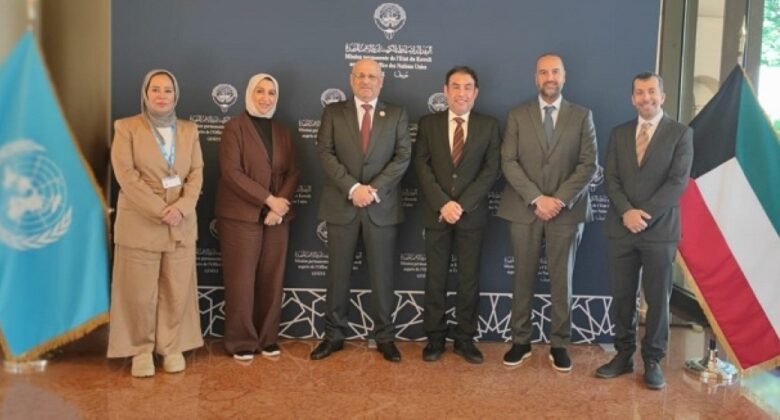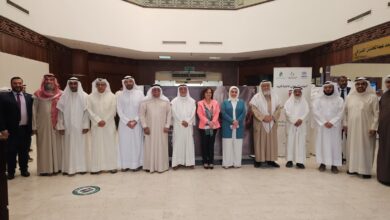Digital services are a core pillar of Kuwait Vision 2035: CITRA

The Communications and Information Technology Regulatory Authority (CITRA) affirmed on Friday that delivering inclusive and effective electronic services is not just a matter of convenience, but a social necessity and a central pillar of Kuwait’s Vision 2035 for digital transformation.
Speaking at a high-level forum during the World Summit on the Information Society in Geneva, Layali Al-Mansouri, Acting Head of Infrastructure and Operations at CITRA, stated, “Digitization in Kuwait is guided by a single principle: technology must serve everyone.”
Al-Mansouri emphasized that designing public digital services should not be seen merely as a technical task, but as a shared responsibility to build just and equitable societies.
She underscored the need for inclusive service design that prioritizes accessibility for the elderly and people with disabilities and offers multilingual support, adopts intuitive interfaces that accommodate varying levels of digital literacy.
She stressed that the most successful solutions are those co-designed with citizens, not simply imposed upon them.
Highlighting Kuwait’s progress, Al-Mansouri showcased digital platforms such as ‘Sahel’, launched in 2021, now integrates 450+ services from 40 government institutions, serving 2.8 million users and processing over 100 million transactions to date.
This is in addition to ‘Newborn Journey’, a service combining seven government steps into a single digital process.
‘Sahel Business’, launched in 2022, offers 212 services from 18 agencies, with over 515,000 transactions processed so far.
“These platforms reflect Kuwait’s commitment to a responsive, accessible, and people-centered digital government,” she said.
Al-Mansouri told KUNA that CITRA’s participation in the summit was to monitor global digital trends — especially in AI, cybersecurity, advanced networks, and sustainable infrastructure—and to learn from international best practices.
Also attending was Najat Ibrahim, Acting Director General of the Central Agency for Information Technology, who underscored the importance of regional and international cooperation in building a secure and inclusive digital future.
She emphasized that digital transformation goes beyond adopting new technologies — it requires capacity building, skill development, and ensuring equitable access to digital tools across all sectors of society.
Both summits — WSIS 2025 and the AI for Good Summit — saw high-level Kuwaiti participation, led by Minister of State for Communications Affairs Omar Al-Omar, who also announced the launch of the “AI Ethics Assessment Tool” on behalf of the Digital Cooperation Organization.













